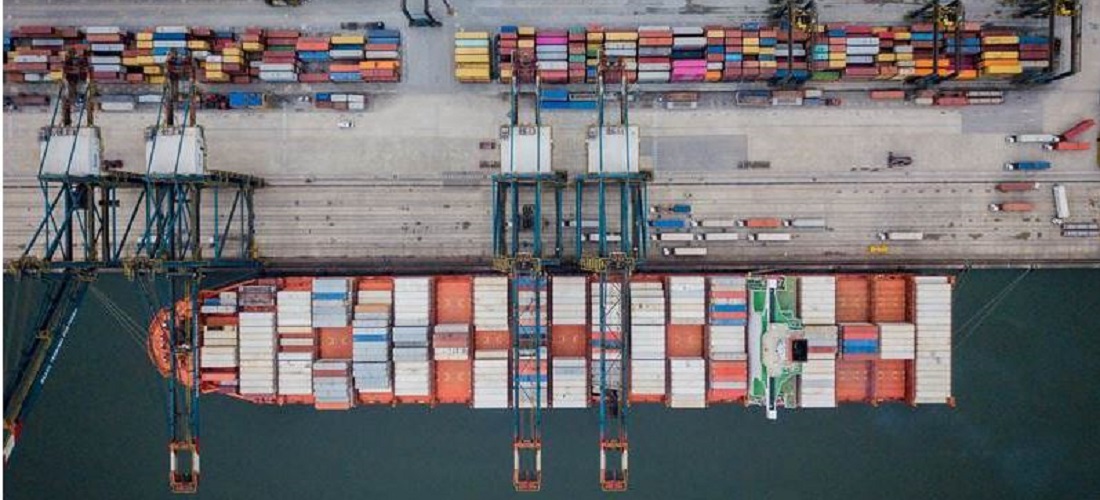
New Ballast Water Regulation Sparks Monopoly Concerns at the Port of Santos
Sep, 05, 2024 Posted by Gabriel MalheirosWeek 202436
As of August 21, all vessels docking at the Port of Santos must present a certificate of compliance with international ballast water disposal regulations, as mandated by the Santos Port Authority (APS). The certificate must be issued by companies accredited by APS. Without this document, vessels will not be allowed to dock. However, only one company is currently authorized to issue such certificates, raising concerns of a potential monopoly, according to Cristina Wadner, maritime law expert and A Tribuna columnist.
“The immediate impact of this rule is financial because no other choice is available. We don’t have three companies offering different prices; instead, just one provides this service at APS. Shipowners no longer have the option to follow the previous procedure, which involved sampling; they must now comply with this new regulation, which is already in effect,” explains Cristina.
To illustrate her point, the attorney compared the situation to a public service concession. “In the telecommunications sector, we have several service providers, each with its own rates and services to meet different consumer needs. In this case, we don’t have that competition. If there were competition, we’d see price differences. The main issue with this regulation, which I believe should be debated and questioned, is that shipowners have no choice because only one company is accredited, and the certificate must be issued by accredited companies, which could constitute a monopoly,” she notes.
The Port of Santos is one of Latin America’s busiest, hence the importance of regulating ballast water disposal. Please refer to the chart below for a comparison of container exports and imports registered in Santos between January 2021 and July 2024. The information was derived from DataLiner, Datamar’s maritime data platform.
Container Exports & Imports | Santos Port | Jan 2021 – Jul 2024 | TEUs
Source: DataLiner (click here to request a demo)
Ballast Water
Ballast water is collected in ports and estuaries worldwide and stored in a ship’s ballast tanks in inverse proportion to the cargo load, ensuring the vessel’s stability. The less cargo, the more ballast water is needed. This water is essential for safe navigation, especially when ships are lightly loaded or empty. To keep the ship’s propellers submerged, liquid ballast is stored in tanks located in the ship’s hold. Once sufficiently loaded, the vessel discharges the ballast water.
APS has accredited a remote monitoring system that uses artificial intelligence, GPS, and other technological tools to verify whether ships have discharged ballast water in designated areas or adopted filtration systems as required by the International Maritime Organization (IMO) and in compliance with Brazilian Navy Regulation 401/DPC. Previously, ship inspections were conducted through sampling based on information provided by the ship’s commanders.
The regulation issued by the Port Authority addresses the global issue of bio-invasions by non-native species, which pose a threat to marine life and have already caused significant environmental and social damage, including impacts on subsistence fishing in coastal communities, even in Brazil.
“The new Port Authority regulation is extremely relevant and appropriate, as it aligns with all environmental regulations, ensuring compliance with our domestic law, which is already enshrined in the Federal Constitution, guaranteeing us the fundamental right to live in a balanced environment,” says the attorney.
She also emphasizes that the regulation complies with an international convention. “The legal basis is a federal decree from late 2022 that incorporated the international convention on the control, management, and handling of ballast water, which has already been regulated,” adds Cristina Wadner.
Source: A Tribuna
Click here to access the original article: https://www.atribuna.com.br/noticias/portomar/agua-de-lastro-navios-no-porto-de-santos-devem-estar-em-conformidade-com-as-regras-1.432921
-
Shipping
May, 13, 2019
0
Mercosul Line’s SUPEX Shuttle Service to connect Santos with Suape
-
Other Cargo
Feb, 06, 2023
0
Fertilizer deliveries accumulate 11% decline
-
Other Cargo
Feb, 05, 2025
0
Argentina’s Cotton Exports Surge 144% in 2024
-
Meat
Jul, 07, 2022
0
June chicken meat exports amount to third-largest volume ever shipped by Brazil



